quick links
featured
genres
-
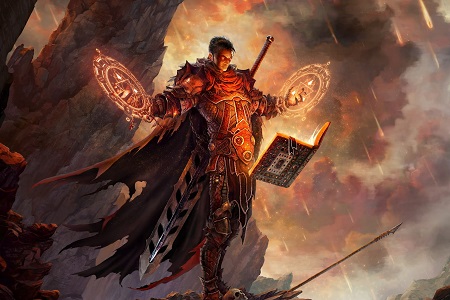
fantasy
Fantasy literature is a genre of fiction characterized by its use of imaginative and fantastical elements, often set in alternative worlds or universes that differ from our own. It typically involves the creation of magical or supernatural phenomena, such as wizards, dragons, elves, and mythical creatures, as well as the presence of magical powers and forces. Fantasy literature often explores themes of heroism, questing, good versus evil, and the struggle between the forces of light and darkness. The genre encompasses various subgenres, including high fantasy, which features epic quests and intricate world-building, and urban fantasy, which blends fantastical elements with contemporary settings. Fantasy literature may also incorporate elements of folklore, mythology, and fairy tales, as well as draw inspiration from historical events and cultures. Authors of fantasy literature often create detailed and immersive worlds, complete with their own histories, cultures, languages, and magical systems. The genre appeals to readers seeking escapism, adventure, and the exploration of themes and ideas beyond the confines of everyday reality.
-

acedemic
Academic literature refers to scholarly works produced within the academic community, typically aimed at contributing to the advancement of knowledge within a specific field or discipline. It encompasses a wide range of formats, including research articles, books, conference papers, dissertations, and reviews, published in academic journals, monographs, and other scholarly outlets. Academic literature is characterized by its rigorous research methods, systematic analysis, and reliance on evidence-based arguments. It often undergoes peer review, a process in which experts in the field evaluate the quality and validity of the research before publication. Academic literature serves various purposes, including disseminating new discoveries, theories, and methodologies; critiquing existing scholarship; and providing foundational knowledge for further research and study. It plays a crucial role in shaping the discourse and practices within academic disciplines, as well as informing policy, professional practice, and public debate.
-
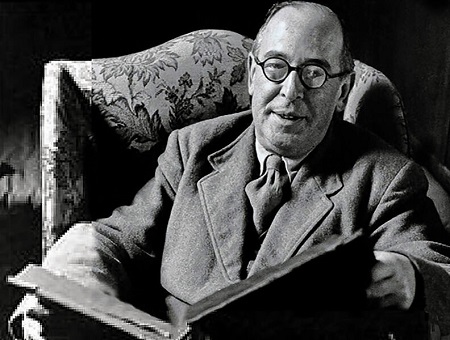
authors
These works encompass a diverse range of styles, themes, and formats, including novels, short stories, essays, poetry, plays, and autobiographies. these authors often reflects the unique perspectives, experiences, and creative imaginations of the writers who produce it. It may explore a wide array of topics, such as love, identity, social issues, historical events, or philosophical inquiries. They can be categorized into various genres and subgenres, such as romance, mystery, science fiction, fantasy, literary fiction, memoir, and biography, each with its own conventions and reader expectations.
-
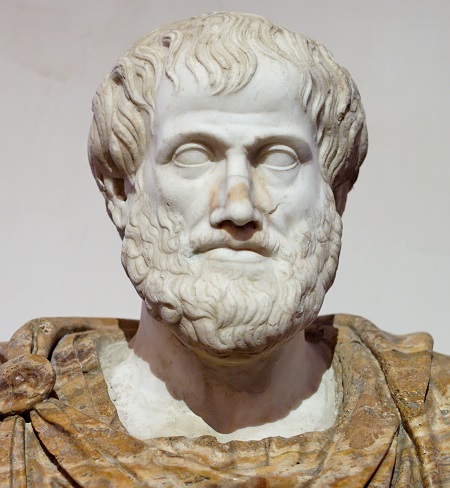
classical
This literature encompasses a body of written works that have stood the test of time, demonstrating enduring significance across cultures and generations. They are distinguished by their exploration of universal themes, deep insights into the human experience, and lasting relevance to society. They span a variety of literary forms, including epic poetry, drama, philosophical discourse, and historical chronicles. Authors within this genre often draw upon mythology, history, and philosophical inquiry to probe fundamental questions about life, morality, and existence. Their narratives feature complex characters, intricate plots, and symbolic imagery, inviting readers to engage with profound ideas and reflect on the complexities of the human condition. This genre is revered for its literary excellence, cultural importance, and lasting impact on subsequent generations of writers and scholars.
-
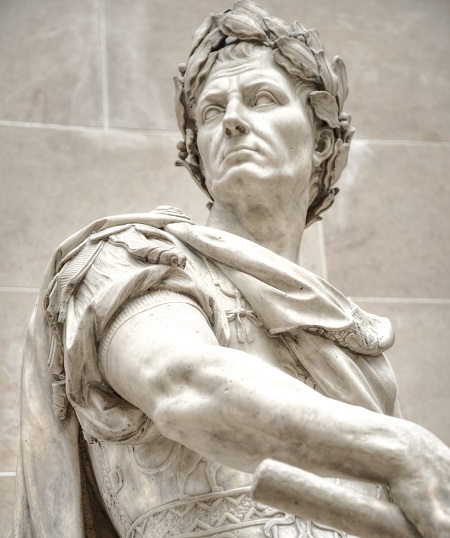
history
Historical literature collection of written works that meticulously document past events, societies, and cultures. These texts employ rigorous research methods and critical analysis to reconstruct and interpret historical phenomena, drawing from a wide range of primary and secondary sources. They encompass various formats, including narratives, chronicles, biographies, and monographs, each tailored to explore specific historical topics or periods in depth. Authors within this genre utilize archival materials, archaeological evidence, and other historical records to reconstruct the past with accuracy and precision. Their narratives often contextualize events within broader social, political, economic, and cultural frameworks, shedding light on the complexities and nuances of historical developments. This genre serves to preserve collective memory, deepen understanding of the past, and inform contemporary discourse and decision-making. It is valued for its scholarly rigor, intellectual insight, and contribution to the ongoing study and appreciation of human history.
-

horror
The horror literature genre involves written works that aim to provoke fear, unease, and suspense in the reader. These texts often feature themes of the supernatural, the macabre, and the unknown. Authors within this genre utilize various narrative techniques, such as atmospheric descriptions, tense pacing, and vivid imagery, to create an immersive and unsettling experience for the audience. Horror literature explores primal fears and anxieties, including death, the afterlife, and the darker aspects of human nature. It encompasses a wide range of subgenres, including gothic horror, psychological horror, cosmic horror, and supernatural horror, each with its own distinctive elements and themes. Horror literature has a long and rich tradition, spanning centuries, and continues to captivate readers with its ability to evoke strong emotions and provoke thought.
-

ideological
The ideological literature genre encompasses written works that aim to promote or advocate for specific ideological beliefs, values, or perspectives. These texts often articulate and defend a particular ideology, such as political ideologies like socialism, capitalism, liberalism, conservatism, or religious ideologies like Christianity, Islam, Buddhism, or atheism. Authors within this genre use various rhetorical strategies, arguments, and evidence to support their ideological positions and critique opposing viewpoints. Ideological literature may take the form of essays, manifestos, polemics, speeches, or theoretical treatises, and it may address a wide range of social, political, economic, or philosophical issues. The primary purpose of ideological literature is to persuade, inform, or mobilize readers in support of a specific ideology and its associated goals or agendas. It plays a significant role in shaping public discourse, influencing political debates, and mobilizing social movements.
-
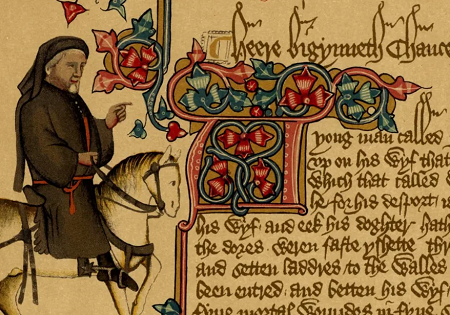
literature
Literature encompasses written works of fiction, non-fiction, poetry, and drama that are created for artistic or intellectual purposes. These works are characterized by their use of language, narrative structure, and literary techniques to convey meaning, evoke emotions, and provoke thought in the reader. Literature covers a wide range of themes, genres, and styles, including romance, mystery, science fiction, fantasy, historical fiction, memoir, biography, and literary fiction. Authors within this genre employ various storytelling devices, such as plot, character development, setting, symbolism, and imagery, to create immersive and engaging narratives. Literature serves multiple functions, including entertainment, education, cultural preservation, and exploration of the human condition. It reflects the diversity of human experience, beliefs, and values, offering readers insight into different cultures, perspectives, and historical periods. Literature has a rich and storied tradition, spanning centuries and encompassing works from diverse cultures and languages. It continues to be a vital form of artistic expression and a source of inspiration and enlightenment for readers worldwide.
-

national & ethnic
National literature encompasses written works that originate from specific nations, cultures, or ethnic groups and reflect their unique perspectives, experiences, and traditions. These works are characterized by their focus on the cultural, historical, and social context of the particular group from which they emerge. Authors within this genre often draw upon the language, customs, beliefs, and values of their respective communities to explore themes related to identity, heritage, and belonging. National literature includes a wide range of genres, such as novels, poetry, plays, essays, and folklore, each reflecting the distinct literary traditions and storytelling styles of its cultural or ethnic origin. This genre serves to preserve and celebrate the cultural heritage of diverse communities, while also offering insights into their shared history and collective experiences. National literature plays a crucial role in fostering cultural pride, understanding, and solidarity among members of these communities, while also enriching the broader literary landscape with its unique voices and perspectives.
-

philosophy
Philosophical literature encompasses written works that explore fundamental questions about existence, knowledge, reality, ethics, and the nature of human experience. These texts, often called philosophical treatises or works of philosophy, delve into abstract concepts and seek to provide reasoned arguments and insights into the nature of reality and the human condition. Authors within this genre employ rigorous reasoning, logical analysis, and critical inquiry to investigate philosophical problems and develop coherent theories. Philosophical literature covers a wide range of topics and subfields, including metaphysics, epistemology, ethics, logic, aesthetics, political philosophy, and philosophy of mind, each addressing different aspects of the human experience and the nature of reality. Philosophical texts may take various forms, including essays, dialogues, aphorisms, and systematic treatises, and they may draw upon diverse intellectual traditions, such as Western philosophy, Eastern philosophy, and indigenous philosophical traditions. Philosophical literature serves to deepen our understanding of fundamental concepts and questions, challenge assumptions, stimulate intellectual inquiry, and encourage critical reflection on the nature of existence and our place in the world.
-
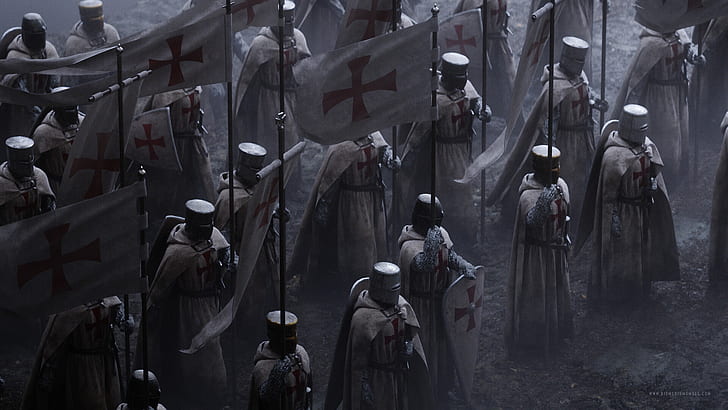
religion
Religious literature comprises written works that explore beliefs, practices, and teachings associated with various religious traditions. These texts often serve as sacred or authoritative sources of religious knowledge and guidance for adherents of a particular faith. Religious literature encompasses a wide range of genres, including sacred texts, scriptures, prayers, hymns, sermons, commentaries, and religious narratives. Authors within this genre may include prophets, sages, theologians, scholars, and religious leaders, each contributing to the development and interpretation of religious doctrines and traditions. Religious texts may address diverse topics, such as theology, morality, spirituality, cosmology, ritual, and the afterlife, and they may be written in prose, poetry, or other forms of expression. Religious literature plays a central role in shaping religious identity, fostering spiritual growth, and providing ethical guidance for believers. It also serves as a source of inspiration, comfort, and solace for individuals facing life's challenges and uncertainties. Additionally, religious literature often serves as a bridge between generations, preserving and transmitting religious teachings, values, and cultural traditions across time and space.
-
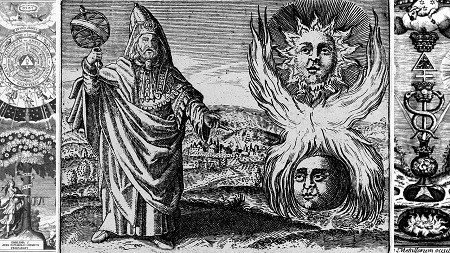
schizo
These works involve written works characterized by disjointed, fragmented, or chaotic narrative structures. These texts often lack coherence and may feature abrupt shifts in tone, style, or subject matter. Authors within this genre may employ unconventional literary techniques, such as stream-of-consciousness writing, nonlinear storytelling, or experimental language usage, to convey a sense of disorientation or instability. Schizo rambling literature may explore themes related to mental illness, existential angst, societal breakdown, or the fragmentation of identity. While challenging to read, these texts can offer insights into the complexities of human consciousness and the chaotic nature of contemporary existence. They may provoke questions about the nature of reality, language, and perception, inviting readers to engage in active interpretation and reflection. Despite their unconventional form, schizo rambling literature can be seen as an expression of the dissonance and uncertainty inherent in the human condition.
-

3 books
NA
